kategori film bahasa kazakh
 Darkhan a young scientist returns home...
Darkhan a young scientist returns home...Joqtau 2024
Darkhan, a young scientist, returns home, where he has not been for seven years. His girlfriend Elena comes with him. The eldest member of the family - Darkhan's grandfather Sagat - invites his grandson and his girlfriend on a trip to their native places, lost in the infinity of the steppe. All three embark on a transformative meditative journey, confronting questions of acceptance along the way, exploring and testing the strength of their bonds.
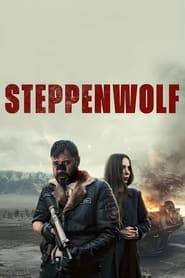 Tamara is searching for her missing...
Tamara is searching for her missing...Steppenwolf 2024
Tamara is searching for her missing son in a small town consumed by riots and violence. In a desperate attempt to get him back, she decides to offer a reward to an amoral former investigator whose methods prove to be sadistic. Determined, Tamara decides to complete the mission with the nihilistic detective, no matter what the cost.
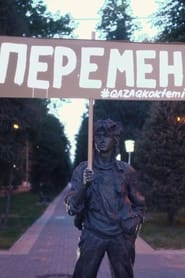 Denis Ten made history when he...
Denis Ten made history when he...Streets Loud with Echoes 2024
Denis Ten made history when he became the first ever Kazakhstani figure skater to win an Olympic medal. Years later, the decorated athlete was murdered in his home country, setting off protests after years of unrest and generating new movements among those who want to challenge the political regime and make them take notice of their citizenry.
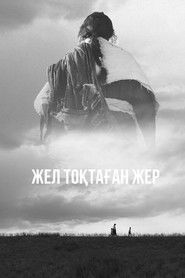 Windy steppes of Kazakhstan Starving people...
Windy steppes of Kazakhstan Starving people...The Land Where Winds Stood Still 2023
Windy steppes of Kazakhstan. Starving people ravenously eat donkeys and their weaker comrades. Frantic, raw, gripping, and cannibalistic western inspired by testimonies of the historical Great Famine of the 1930s. Ruthless Jupar with her two boys Jolan and Boshay runs for survival to reach her childhood village with hopes to find living relatives. A mother with no tears to cry endures rains, sandstorms, feverish famine, poisoned crops, hungry vultures, rotten meat, and greedy betrayals. Jupar will have to steal, cut throats, and protect her and others’ children to witness fates worse than death.
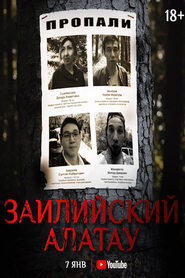 A story of four childhood friends...
A story of four childhood friends...Ile Alatau 2021
A story of four childhood friends who mysteriously disappeared while camping in the rural mountains of Trans Ili Alatau. The following events were recorded on Sultan's videocamera, who was making his student thesis project on a local plant called the Asafoetida.
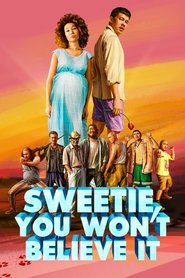 Dastan can no longer stand the...
Dastan can no longer stand the...Sweetie, You Won't Believe It 2020
Dastan can no longer stand the constant nagging of his highly pregnant wife and decides to run away for at least one day with his friends. The men go fishing, which would have gone smoothly, if not for a series of unforeseen events.
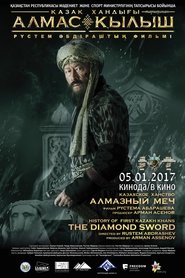 Set in the 15th century the...
Set in the 15th century the...Kazakh Khanate: Diamond Sword 2017
Set in the 15th century, the story follows the formation of the Kazakh state after the death of Genghis Khan and the usurpation of power by one of Khan's descendants, leading the sultans Kerei and Janibek to resort to some nomadic tribes to remove the usurper, hoping for a better life and freedom.
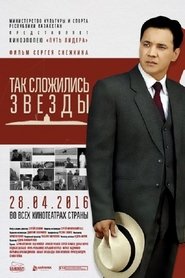 An English correspondent arrives in Astana...
An English correspondent arrives in Astana...The Stars Have Aligned 2016
An English correspondent arrives in Astana to interview the named Leader of the Nation Nazarbayev. Nazarbayev is hosting an English guest. The interview turns into Nazarbayev's story about life, fate and the difficult path of gaining independence. The President introduces the writer to local customs, at the same time telling about the most difficult periods of his life, from his appointment in 1984 as chairman of the Council of Ministers to becoming President of the Republic of Kazakhstan in 1991.
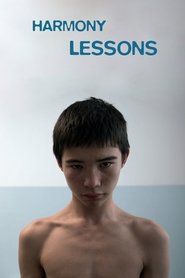 During a medical examination 13yearold Aslan...
During a medical examination 13yearold Aslan...Harmony Lessons 2013
During a medical examination, 13-year-old Aslan is humiliated in front of a load of his fellow pupils. The incident unleashes his latent personality disorder. Plagued by self-doubt, he strives for cleanliness and perfection and is obsessed with trying to control everything around him. His compulsion draws Aslan, who lives with his grandmother in a village in Kazakhstan, into increasingly difficult situations. He abhors the way most of his fellow pupils are held in the sway of a criminal scheme, in which Bolat, one of Aslan’s tormentors, is also involved. Bolat blackmails the younger children into paying him protection money; he has nothing but contempt for ostracised Aslan.
 A universal story about the freedom...
A universal story about the freedom...Myn Bala: Warriors of the Steppe 2012
A universal story about the freedom of the human spirit and the struggle against slavery and despotism, about love, loss and betrayal. It is seen through the eyes of simple Kazakh kids and teenagers.
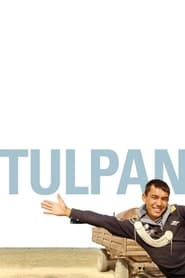 Asa a young and cheerful dreamer...
Asa a young and cheerful dreamer...Tulpan 2009
Asa, a young and cheerful dreamer, returns from his Russian naval service to his sister’s nomadic family on the desolate Hunger Steppe of central Asia, so that he can begin his own life as a shepherd. But before he can tend a flock of his own, Asa must first win the hand of the only eligible girl for miles—his mysterious neighbor, Tulpan.
 Chouga is a beautiful rich and...
Chouga is a beautiful rich and...Chouga 2007
Chouga is a beautiful, rich and beloved young woman. She is thirty and lives in Astana, the Kazak new capital. She is married to a famous scientist in his sixties and has a seven-year-old son. Her brother and sister-in-law live in Almaty. The couple is tearing apart and Chouga’s brother requests her to come and try to bring them back together. There she meets Ablaï, a rich and idle young man whom she strongly feels attracted to. Once back to Astana, Chouga tries to withstand this sensual attraction about which she has a premonition of a tragic outcome.
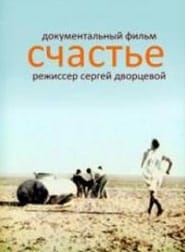 Sergey Dvortsevoy makes his international debut...
Sergey Dvortsevoy makes his international debut...Paradise 1995
Sergey Dvortsevoy makes his international debut with this astonishingly intimate portrait of a nomadic family on the Kazakh plains. Several scenes in this slow, elegant film betray a certain dry humor -- a child devouring the last of a bowl of yogurt and then crying; a cow getting its head stuck in a pail; and a woman singing to herself, accompanied by her snoring husband. Other scenes capture the nomads' hardscrabble lives -- drunken herdsmen in the grips of existential despair, growling dogs, and a camel enduring a rather grim septum piercing. By the end of the film, the family pulls up stakes and herds its sundry four-legged beasts -- camels, cattle, goats, dogs, and horses -- to a more fertile plain. This film was screened at the 1999 Yamagata International Documentary Film Festival.
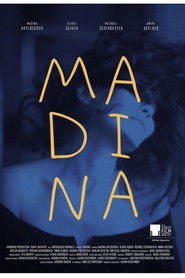 Single mother Madina teaches dance by...
Single mother Madina teaches dance by...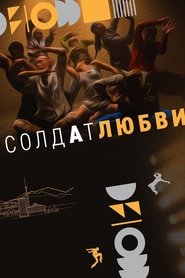 Beibut is a young musician who...
Beibut is a young musician who...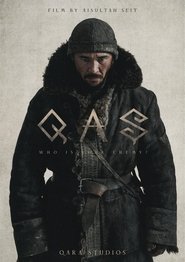 A story about the harsh times...
A story about the harsh times...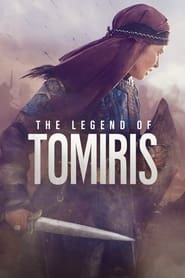 This is the story of the...
This is the story of the...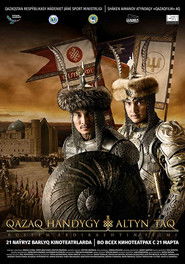 XV century In the vast expanses...
XV century In the vast expanses...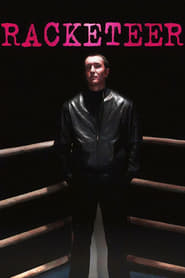 Story of a man named Sayan...
Story of a man named Sayan...